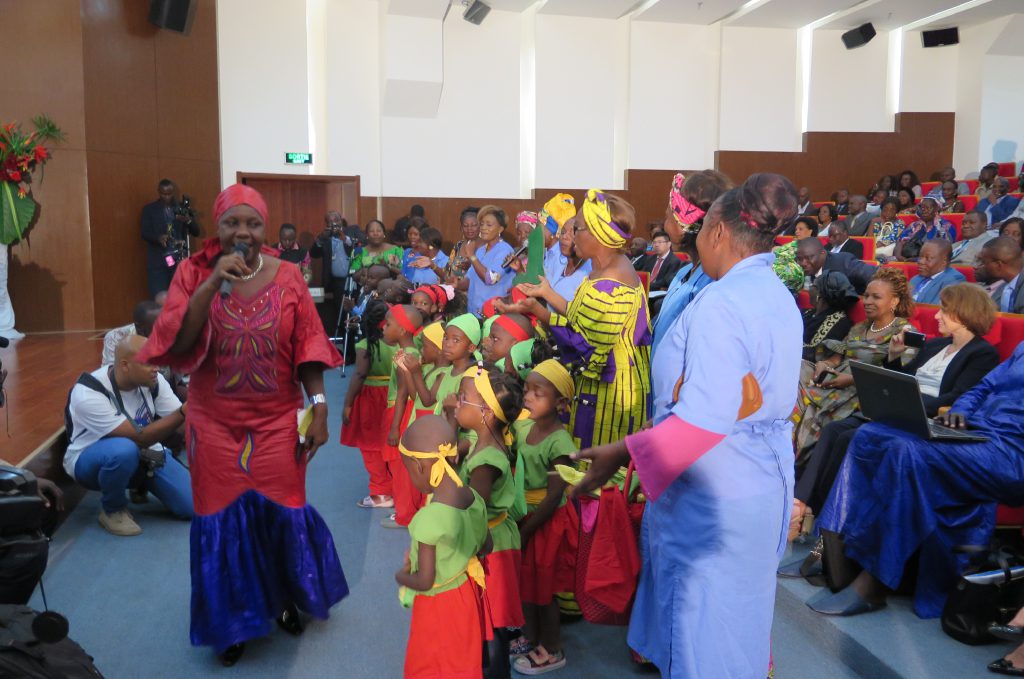
On 1 March, the African Union will celebrate the third African Day of School Feeding. This year’s official event will take place in Zimbabwe, and simultaneous national and sub-national celebrations are expected to happen. The date marks the continent’s commitment to mobilizing an enabling environment for school feeding policymaking and governance. The 2018 theme is “Enabling governance to advance African children and youth full potential through promoting sustainable school feeding programmes”.
The event in Zimbabwe will highlight African Union member states’ good practices for setting school feeding in the national political agenda as a topic linked to national development. It will also promote the discussion of multi-sectoral mechanisms to include school feeding into national development plans. To this end, participants will present the main results of the “Sustainable School Feeding across the African Union” study and the latest debates within the African Union Commission and the School Feeding Cluster.
Context
As the African Union moves forward into the Agenda 2063, the Continental Education Strategy for Africa 2016-2025 (CESA 16-25), and the Sustainable Development Goals (SDGs), good practices and continued momentum are needed to ensure promotion and sustainable governance of progress targets. Since 2016, the African Union is promoting school feeding as a tool to contribute to African governance given its cross-sectoral impacts in education, health, nutrition, agriculture, and civil society involvement to improve national, regional and continental socioeconomic indicators.
To create an enabling environment and to build capacities on school feeding policymaking, developing the creative potential of policymakers and technicians is essential. To operationalize this idea, the African Union Assembly in January 2016 established the 1st of March as the official African Day of School Feeding.
The evidences underlying the discussions during the official celebrations of the African Day of School Feeding acknowledge that school feeding and, specifically, home-grown school feeding are not a cost, but rather an investment that promotes:
- Improvement of human capital
- Increased access to income-generating activities
- Boost of national food production
- Impacts across the education and learning, health and nutrition, and agricultural and local economic development sectors.
The African Day of School Feeding was created after a delegation from the African Union Commission undertook a study visit to Brazil to learn about the Brazilian multi-dimensional approach to home-grown school feeding. Since then, the WFP Centre of Excellence against Hunger has been working in partnership with the African Union and the WFP Africa office to support continental efforts to adopt school feeding as a tool to promote sustainable development.




